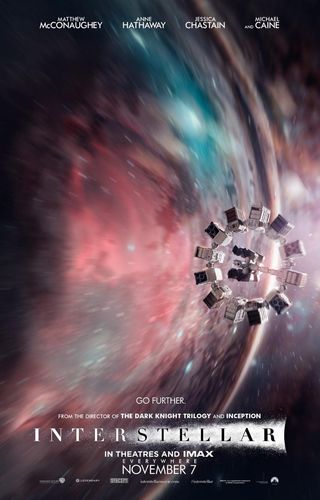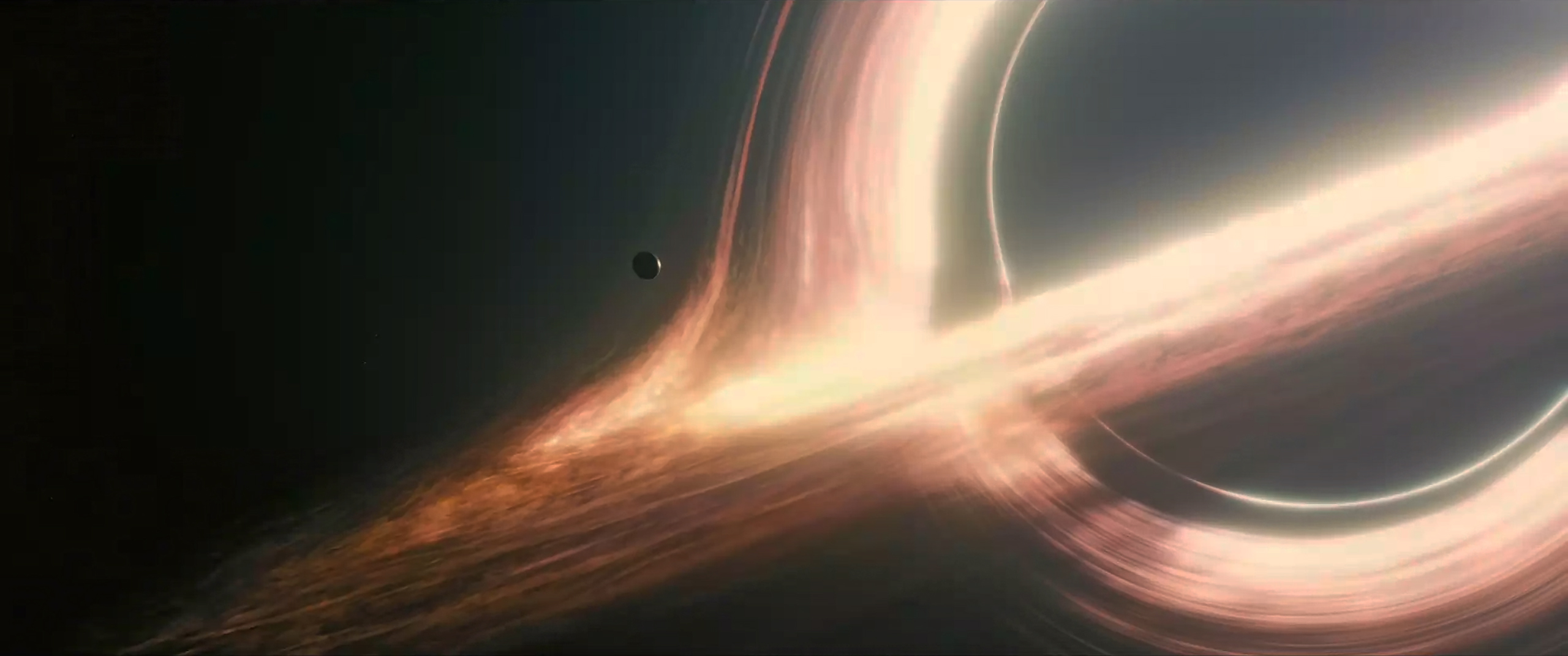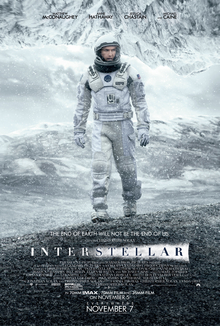HOLY COW! Where do I even start?
The basic premise?
The lazy writing?
The terrible characters?
The bad science?
or the hot steaming pile of politically correct wokeness that is this show?
Let's start with the basic premise. Within the first minute we are introduced into the shallow, vapid world of the distant future. The first person we meet is a morally bereft, self-centered, egotistical side character that has little to do with the main plot (other than portray reporters as egocentric, scheming, lying, and unethical). An alien probe (shaped like a mobius band) suddenly appears, lands, turns into an antenna, and begins transmitting. The signal is traced to Pi Canis Majoris. Without analyzing the signal, understanding the object, or knowing what they're doing, they send a ship, captained by Niko Breckenridge (Sackhoff) to investigate. SIGH!
What is the purpose? It's unclear, and unspecific. We know that they plan a six month trip (three months there, and three months back). WHY!?! What is the point of going there, turning around, and heading home? SERIOUSLY! Why waste your time? What is the point? What are you going to do once you get there? Is there a plan?
Apparently not.
They crew the ship with a bunch of young, neurotic, idiots who couldn't even get hired by NASA to scrub toilets, let alone fly on an interstellar mission. One of the crew is open about her psychopathy and is, at the very least, a sociopath. One is a transsexual, who would never be considered (due to the high suicidal risk, not because they are transsexual.). The Executive Officer has borderline personality disorder, and the rest of the crew appear to suffer from a multitude of psychological conditions, which would preclude them from going. This includes Niko, the captain, who is suffering from severe PTSD. From a mental health perspective, not one of the crew is fit for a deep space mission.
The crew, for some reason, are quasi-military, but lack any discipline or hierarchy. Crew members routinely engage in insubordination, mutiny, fighting (verbal and physical), and murder. The AI, William (Andersen), is the only other character (besides Niko) that takes any responsibility, or behaves logically. The only member of the cast who is semi-professional, is Niko. The others seem to be stuck in High School, trying to imitate the cast of "The Breakfast Club". If this were a mission to save the Earth, NONE of the characters would be considered, let alone selected, for this mission. The characters don't seem compelling at all. With the exception of Niko and William, they are all forgettable, interchangeable, vapid, generic, and unlikable.
The selection of mission specialists doesn't appear to have much rhyme or reason, and none of them seem to have the requisite scientific knowledge to support their specialties. They typify the general perception of the millennial generation, but I can't tell if the writers are trying to make a social commentary, or writing the characters because they are that way themselves.
This brings me to the writing.
One of the reasons why my second book in the Tales of Arabella series has been so slow to come out, is because I am working on a second book series. Working on this second book series has become one of the most research intensive activities I have done outside my graduate school studies. The major reason for this is because it deals with interstellar travel. I write hard science fiction, which means scientifically accurate. To make sure I get it right, I have to know what works and why. I also have to make sure my readers can follow the science without needing an advanced degree in physics, chemistry, or engineering. This means I have to write compelling characters while still getting the science right. It isn't an easy task when you're writing at an 8th grade level and trying to convey concepts most people don't learn until college.

Balancing this took time, research, planning, study, and effort. This is something the 11 people with writing credits obviously didn't do. It makes the character development chaotic, and almost impossible to predict, and the science appear as if it were written by a person, who's highest grade in the subject, was a C-. There is a reason why Futurama is so smart, funny, stimulating, and creative (even at its worst). It was written by people who were scientists first, and writers second. After all, David X. Cohen (Executive Producer), has a PhD in Mathematics, not English. Most of the principle writing staff worked on shows like Degrassi (teen drama), instead of anything substantive. The only reason why I can see why the writers wrote and developed the characters the way they did, is to pacify the specific demographics they are trying to appease. They didn't try to write carefully developed characters, and give them a compelling story arc. They threw a bunch of mentally incompetent people together and put the setting in space. This doesn't make for good television. this makes for a soap opera. Unfortunately, the people who watch space based science fiction aren't looking for that. If you're looking for Degrassi in space, I guess this is it. It still sucks.
Now for the science.
 Where do I begin?
Where do I begin?GRAVITATIONAL LENSING by dark matter. UGH! Even if dark matter exists, which I see no evidence that it does, it would not behave this way. How do we know? Because there is no evidence of it affecting light in that way. How do we know this to be true? Because we have seen the effect, and studied it. With Pi Canis Majoris being less than 100 light-years away, we would see any gravitational lensing fairly quickly.
REAL-TIME COMMUNICATIONS with light-years between the points. This defies basic fundamentals of physics. Einstein proved that nothing can exceed the speed of light. This cosmic speed limit has no exceptions, and has been proven correct in every experiment. Quantum entanglement has been proposed as a way to transmit messages instantaneously over great distances, but it doesn't transmit information. In other words, it doesn't work that way.
RADIATION. At several times, the crew is exposed to high doses of ionizing radiation, including Gamma Rays. None of them even question the use of high-energy particles to irradiate them. Once they receive, what I calculate is, a lethal dose of gamma rays from Sirius B, they are only rendered sterile. In reality, they would probably die, within an hour or two, from radiation sickness. This is in addition to any radiation they are exposed to from simply being in space. There is some vapid response about a radiation shield around the ship, but I doubt it would be capable of shielding them from the environments they find themselves in (using a highly active star as a navigation aid). Again, none of the crew would survive.
BRIDGE WITH NO SEAT BELTS. My biggest pet peeve with Star Trek and BSG has now come to this. No seat belts. NONE. What happens if there is turbulence during landing? People can be severely injured or killed during takeoff and landing. Even private planes won't move without everyone buckled in.
NO CONTROLS. A bridge that has no active input from a pilot, no place to sit, no input consoles, and no way to monitor what's going on around it. The Command Deck is fairly barren, with only rudimentary consoles. I can only assume the AI (William) does all the piloting. What happens when he goes off-line? What happens if all the computers fail? What happens when things go wrong? Controlling the spacecraft seems a pretty important feature to overlook. Even from a production standpoint, cockpits are pretty much mandatory. Even Firefly could make a budget bridge look awesome.
I don't know if I can continue watching past episode 3. My nerd rage is pretty strong right now. This series misses on every level: story telling, world building, character development, and overall entertainment value. Science Fiction and Fantasy are escapist genres. To do that, you must suspend disbelief. Watching this show, suspending my disbelief is impossible. I can't, because it's not clear what this crew's mission actually is. This whole show is just more attempt at a woke agenda that seems to infect every aspect of the entertainment industry. One thing is for certain, it isn't anything that will be as fondly remembered as Battlestar, Star Trek, Firefly, or even The Orville. That's sad, because the world need a better class of science fiction set in space.




.jpg&f=1)



